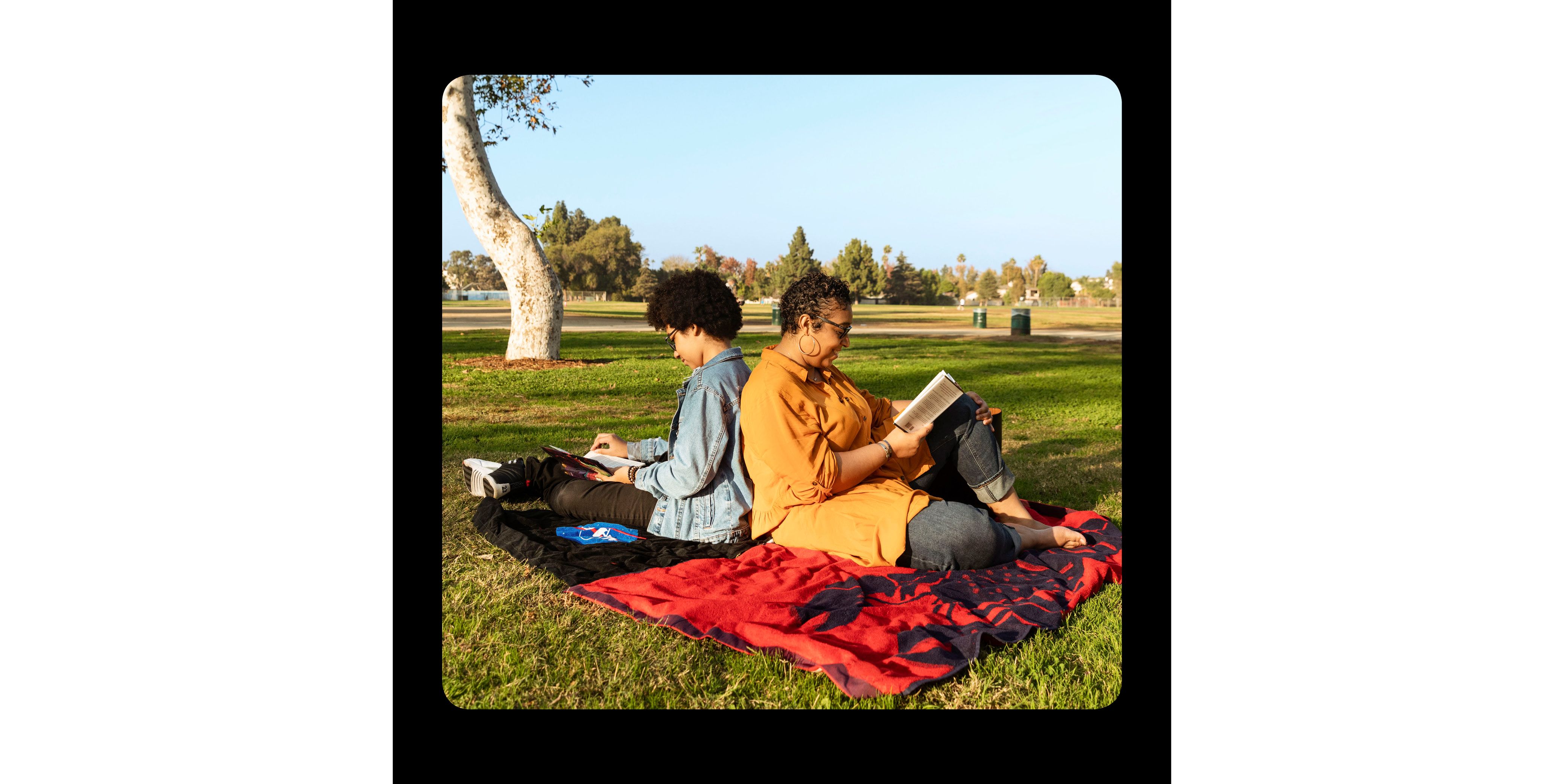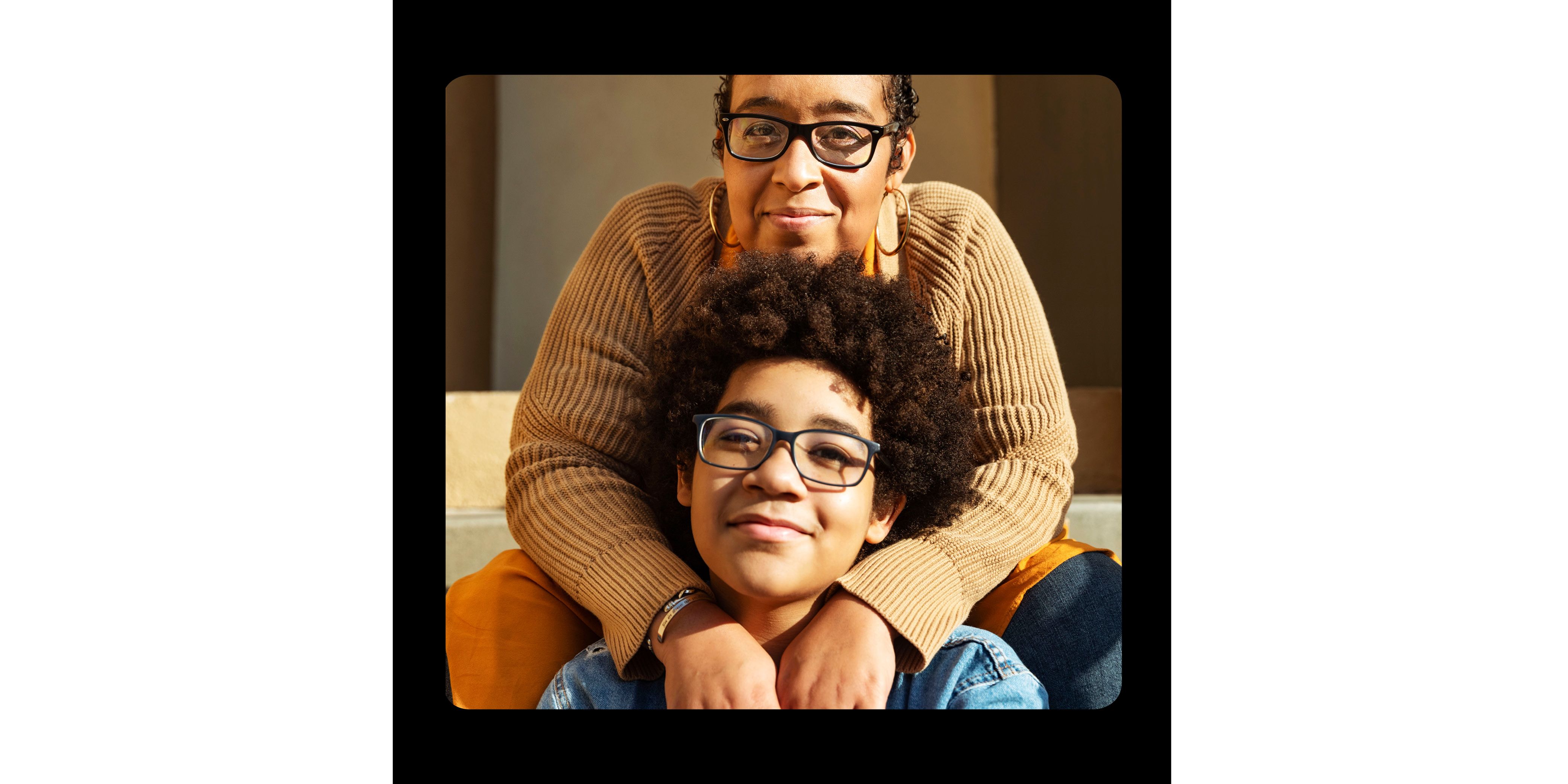Where do you go when you feel scared, confused, and lonely after a life-altering diagnosis? For many people, the answer is…online. As part of WH’s 2021 Owning It series, meet nine self-starters who used social media and digital tools to seek solutions and community they couldn’t find elsewhere. Barriers, broken.
The first time I saw my son crawl at around 6 months old, he was moving across my hospital bed. I had been diagnosed with ulcerative colitis, an inflammatory bowel disease, 20 months before my son was born, but this was the moment I truly realized just how different my motherhood journey was going to be from anything that I was familiar with.
After I was hospitalized again, for a while, in 2012, I had my colon removed, and I lived with an ostomy for six months (now I have a j-pouch: an internal pouch shaped out of the end of my small intestine). Up until my surgery, my ulcerative colitis was not manageable. I felt very run down and nauseous, I lost weight rapidly, had urgency every time I ate, had bloody stools, and felt like I was going to pass out after using the restroom and taking a shower. Afterward, I didn’t struggle as much from day to day, and I found myself feeling like I had been given another opportunity not just to live, but to really thrive.
I had recently started a blog, The Crazy Creole Mommy Chronicles, to cover motherhood, politics, and other stuff I was passionate about. But at the encouragement of my mother, I told my ulcerative colitis story. I told more personal stories; tried products that could work for moms with IBD who, for example, might be in pain, frequently in the hospital, or only able to stand and walk around for a minimal amount of time without having to go to the restroom right away; and lobbied on the Hill for patients.

In 2018, I was talking to my friend, Amber Tresca, another mom with IBD whom I had met at a health conference a few years earlier. I told her, “I really want to have a platform where moms can talk to each other safely, where they can get information about general IBD stuff but also lifestyle stuff—gear and activities like shopping and traveling.” She said, “We could just call it IBD Moms.” We kept talking, and finally I was like, “Are we doing this for real?” For a year, we did monthly Twitter chats via @IBDMoms to see if this would work. It did. Now we have a website, IBDMoms.org, and multiple social media platforms, including a closed Facebook group of about 400 people.

Our goal is to make sure that moms living with IBD—as patients or caregivers—have the best quality of life that they can have while navigating their IBD journey, in whatever way that entails. That could mean needing stroller advice, needing help finding a doctor in their area, or just needing to vent. And IBD Moms has helped me, too, both through the community and connection and with information I probably wouldn’t have had access to otherwise.
I’ve realized that, had I had more information in the beginning, I probably would have either had surgery earlier or been on a better treatment plan earlier, I probably would have been able to navigate my relationships a little bit better, I probably would have had less guilt during my first two years of being a mother, when I was unable to attend playdates and mommy-and-me activities. If I had had a group of people like me, I wouldn’t have felt like the odd person out.

This article appears in the March 2021 issue of Women’s Health. Become a WH Stronger member for a print subscription and more great perks now.
Source: Read Full Article
